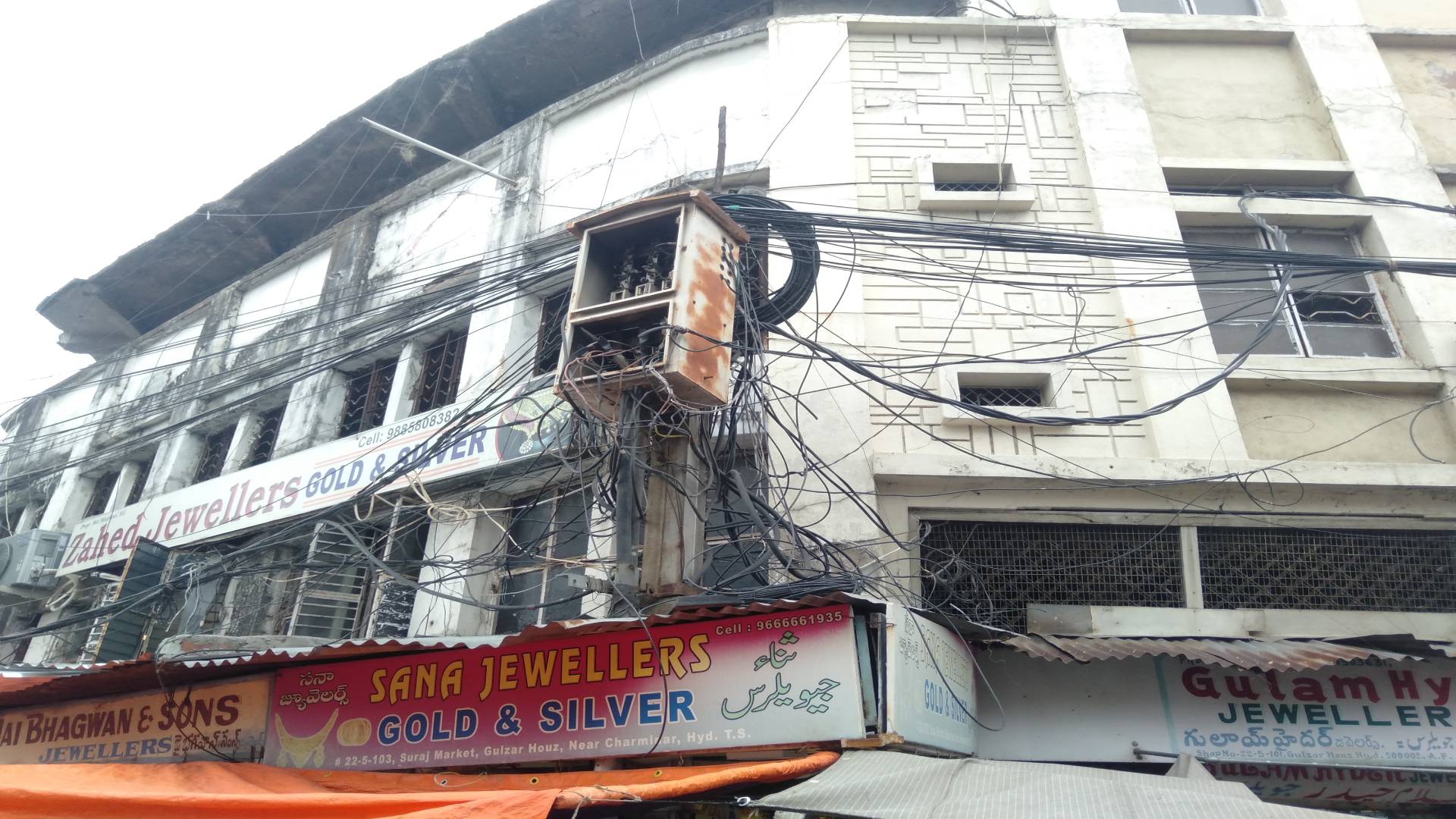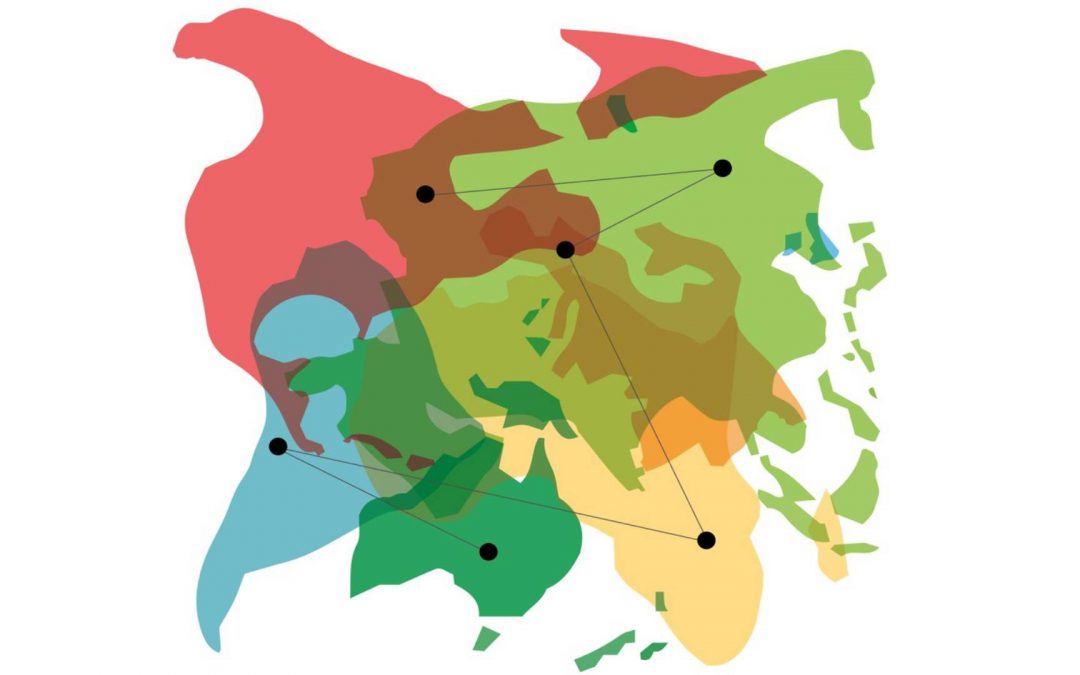The next session of the GRIP seminar : Technological Globalization From Below is now available will take place on 14th February 2024 at 10AM

© Mathieu Quet
How to join?
14th February at 10 AM
Speaker: Prof. Nancy Odendaal from the University of Cape Town
Title: Presenting the recent book “Disrupted Urbanism: Situated Smart Initiatives in African Cities” (2023, Bristol University Press)
Book description : The ‘smart city’ is often promoted as a technology-driven solution to complex urban issues. While commentators are increasingly critical of techno-optimistic narratives, the political imagination is dominated by claims that technical solutions can be uniformly applied to intractable problems. This book provides a much-needed alternative view, exploring how ‘home-grown’ digital disruption, driven and initiated by local actors, upends the mainstream corporate narrative. Drawing on original research conducted in a range of urban African settings, Odendaal shows how these initiatives can lead to meaningful change. This is a valuable resource for scholars working in the intersection of science and technology studies, urban and economic geography and sociology.
À lire aussi

28th November 2024, presentation of the book: Pescando guindas en la siesta
Hebe Vessuri, a member of GRIP's Scientific Council, presents her latest book the 28th November 2024: Pescando guindas en al siesta, editorial SB. © Reserved rights Hebe Vessuri, presents her latest book the 28th November 2024:...

27th November, international symposium SEOSA
The international symposium Societal engagement of organizations and sustainability in Africa: catalysts for resilience in theface of multiple crises? SEOSA will take place the 27th November 2024 in Tunis. © Reserved rights The...

26th and 27th November -24 hours of the same world
24 hours of the same world: what has changed with globalization over the past 25 years? Tuesday November 26 to Wednesday November 27, 2024. The event will end up with a musical intervention and a cocktail ! © Dix-milliards-humains...

CAHIER GRIP : SEMANTIC MAPPING
GRIP has just published its second cahier of SEMANTIC MAPPING. This booklet is the result of work begun in 2021. We're proud to share it with you! © Reserved rights GRIP has just published its second cahier of SEMANTIC MAPPING. This...
